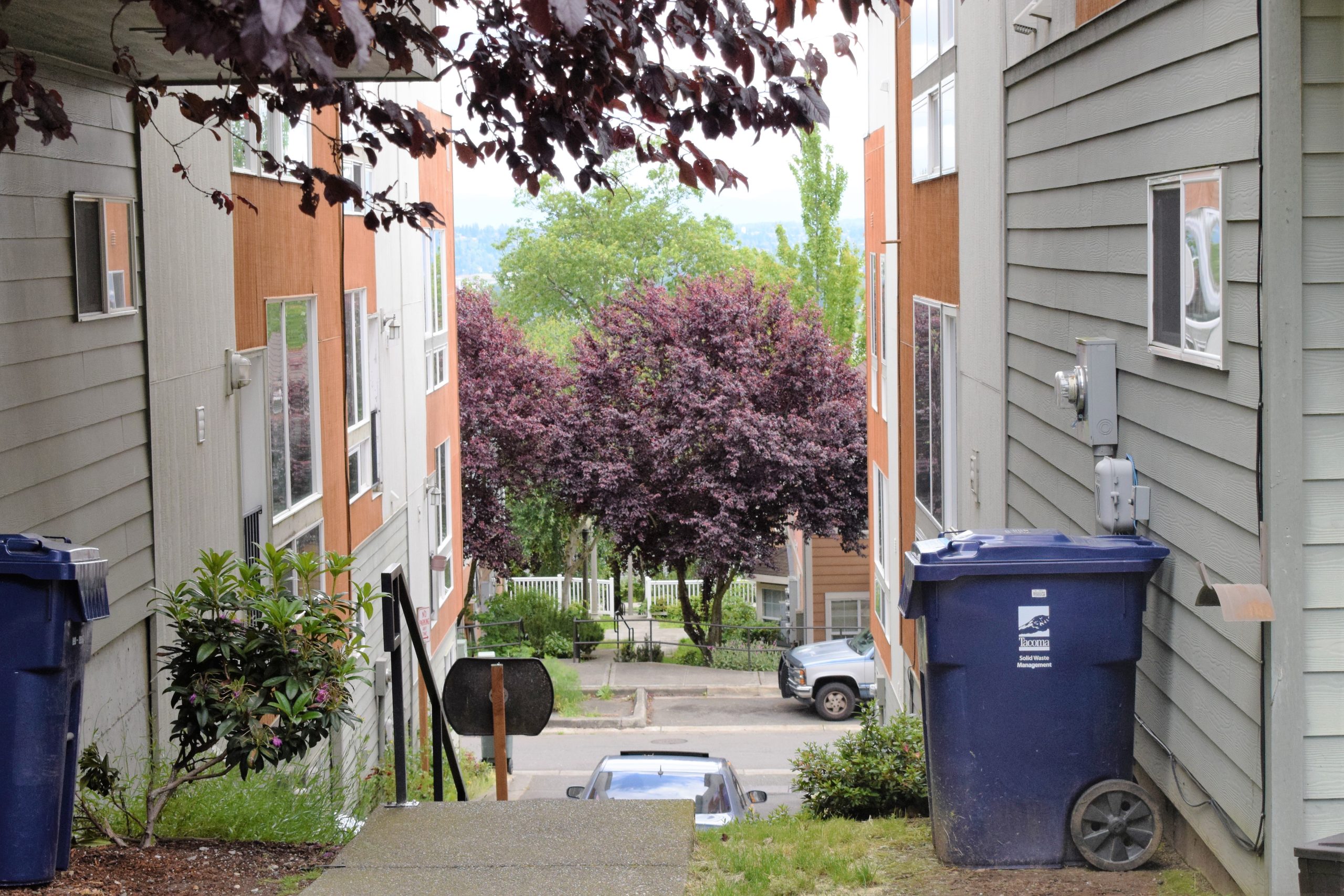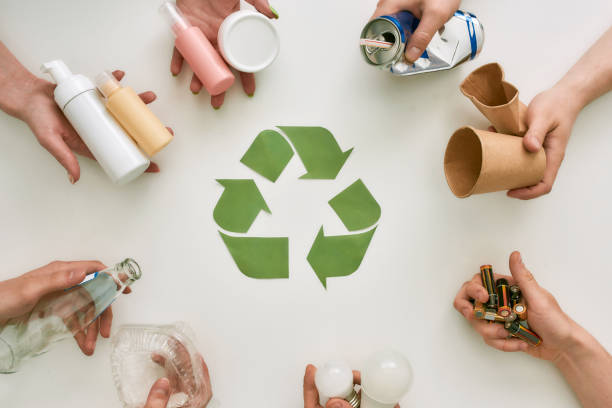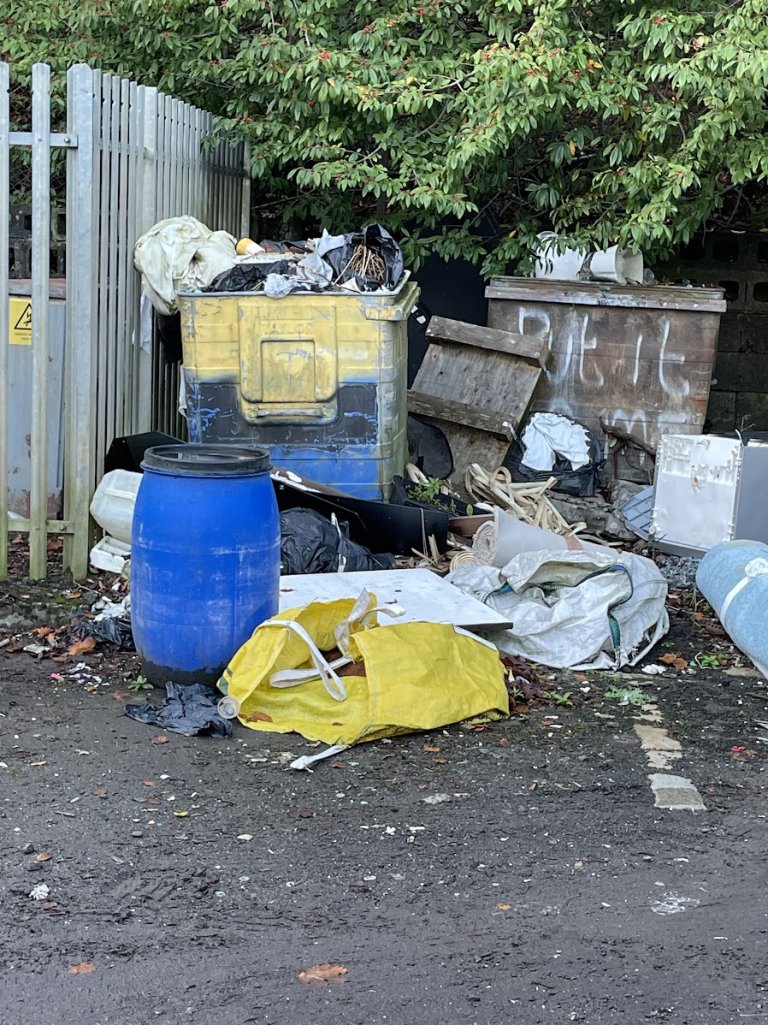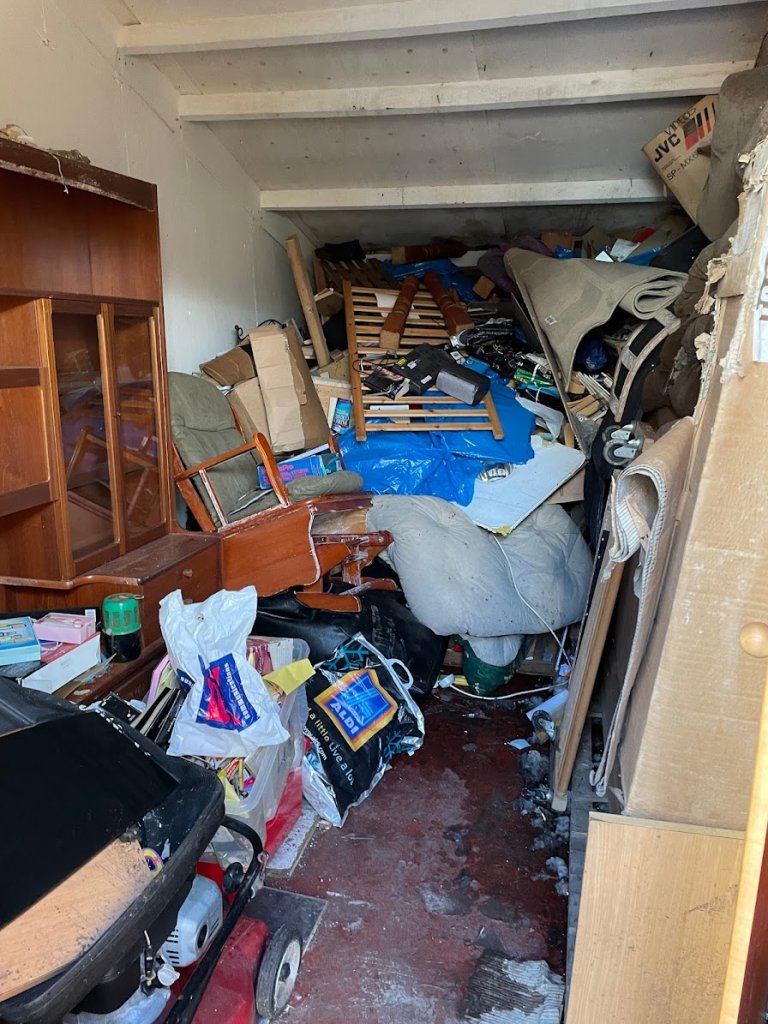Is putting your rubbish in someone elses bin illegal in the UK
Are you unsure about the legality of putting your rubbish in someone else’s bin? This common practice may seem harmless, but it has sparked various debates and concerns among UK residents. In a society where waste management and environmental impact are pressing issues, it’s important to understand the laws and implications behind this seemingly small action.
What Is Considered Illegal Waste Disposal in the UK?
Illegal waste disposal in the UK refers to the improper disposal of waste materials in a way that violates environmental regulations. It is important to be aware of what is considered illegal to avoid potential penalties.
Some examples of illegal waste disposal in the UK include:
- Fly-tipping, which is dumping waste in unauthorized areas.
- Disposing of hazardous waste in regular bins.
- Burning waste in open fires.
- Burying waste in unauthorized locations.
Proper waste management and disposal methods, such as recycling and using authorized waste disposal facilities, are essential for maintaining a clean and sustainable environment.
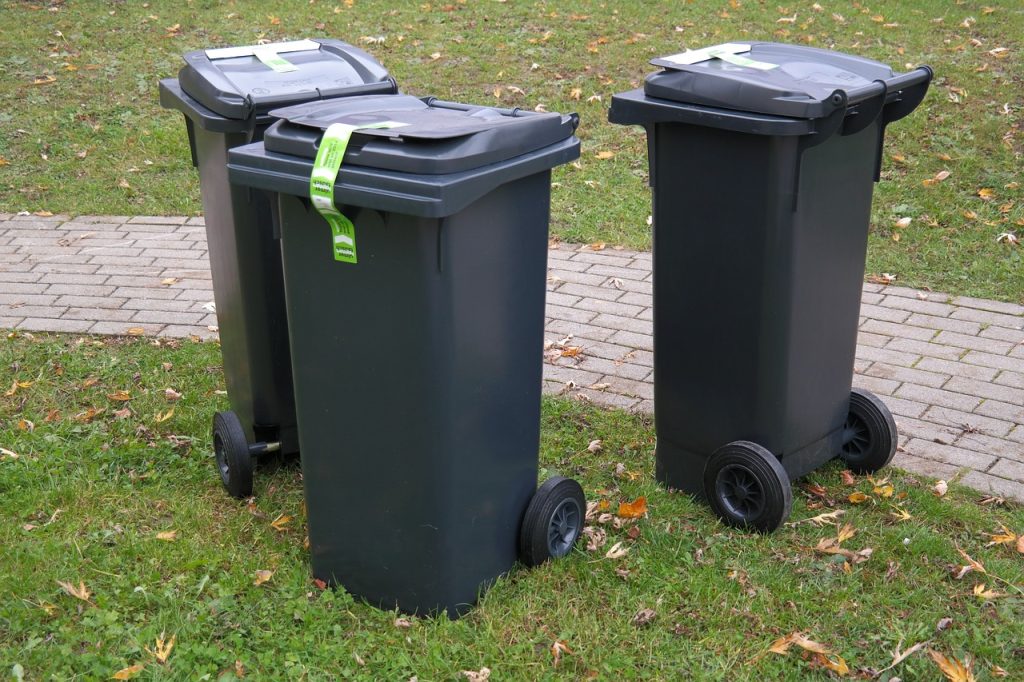
Is Putting Your Rubbish in Someone Else’s Bin Illegal in the UK?
It is not generally illegal to put your rubbish in someone else’s bin in the UK. The law does not specifically prohibit this action. However, it is considered impolite and may be seen as trespassing on someone else’s property. Some local authorities may have specific rules or bylaws regarding the use of bins, so it is advisable to check with your local council for any specific regulations in your area.
It is always best to dispose of your rubbish in the appropriate designated bins or recycling centers to ensure proper waste management and environmental sustainability.
What Are the Consequences of Putting Your Rubbish in Someone Else’s Bin?
Putting your rubbish in someone else’s bin in the UK is considered illegal and can have consequences. The specific consequences vary depending on the local council and the severity of the offense. They can range from warning letters and fines to prosecution. Local councils actively monitor and investigate instances of illegal waste disposal.
It is important to dispose of your waste responsibly by using public bins, contacting your local council for additional bins, or using a private waste collection service. By following the laws and regulations surrounding waste disposal, such as the Environmental Protection Act 1990 and the Environmental Permitting Regulations 2016, you can avoid the consequences of improper waste disposal.
What Are the Alternatives to Putting Your Rubbish in Someone Else’s Bin?
While it may seem like a simple solution to dispose of your rubbish in someone else’s bin, it is important to consider the potential legal consequences of this action. Instead, let’s explore alternative options for proper waste disposal. This section will discuss three alternatives to putting your rubbish in someone else’s bin: using public bins, contacting your local council for additional bins, and utilizing a private waste collection service. Each option has its own advantages and considerations, which we will discuss in further detail.
1. Using Public Bins
Using public bins is a convenient and responsible way to dispose of waste in the UK. Here are some steps to follow:
- Look for designated public bins in your area.
- Separate your waste into appropriate categories, such as recyclables and general waste.
- Ensure that your waste is properly bagged or contained to prevent littering.
- Follow any specific instructions or guidelines posted on or near the bins.
- Avoid overfilling the bins to allow space for others to dispose of their waste.
- If the bins are full, find an alternative public bin nearby or contact your local council for assistance.
2. Contacting Your Local Council for Additional Bins
Contacting your local council for additional bins is a practical solution for managing waste disposal in the UK. Here are the steps to follow:
- Research: Determine the contact details of your local council, usually available on their website.
- Enquiry: Get in touch with the council’s waste management department to inquire about additional bin options.
- Provide Information: Share details about your household size, waste generation, and any specific requirements.
- Assessment: The council will assess your request and determine if additional bins can be provided.
- Delivery: If approved, the council will arrange for the delivery of the additional bins to your property.
- Usage Guidelines: Follow any usage guidelines provided by the council to ensure proper waste segregation and collection.
3. Using a Private Waste Collection Service
Using a private waste collection service can be a convenient and efficient way to dispose of your rubbish in the UK. Here are the steps to follow:
- Research and choose a reputable waste collection company.
- Contact the company to discuss your waste disposal needs and schedule a collection.
- Prepare your waste by bagging it securely and separating recyclable materials.
- On the scheduled collection day, place your waste in a designated area for pickup.
- Ensure that your waste is collected and transported by licensed and registered waste carriers.
Fact: In the UK, businesses and individuals have a legal duty of care to ensure that their waste is disposed of properly to prevent harm to the environment and public health. Using a private waste collection service can help fulfill this responsibility.
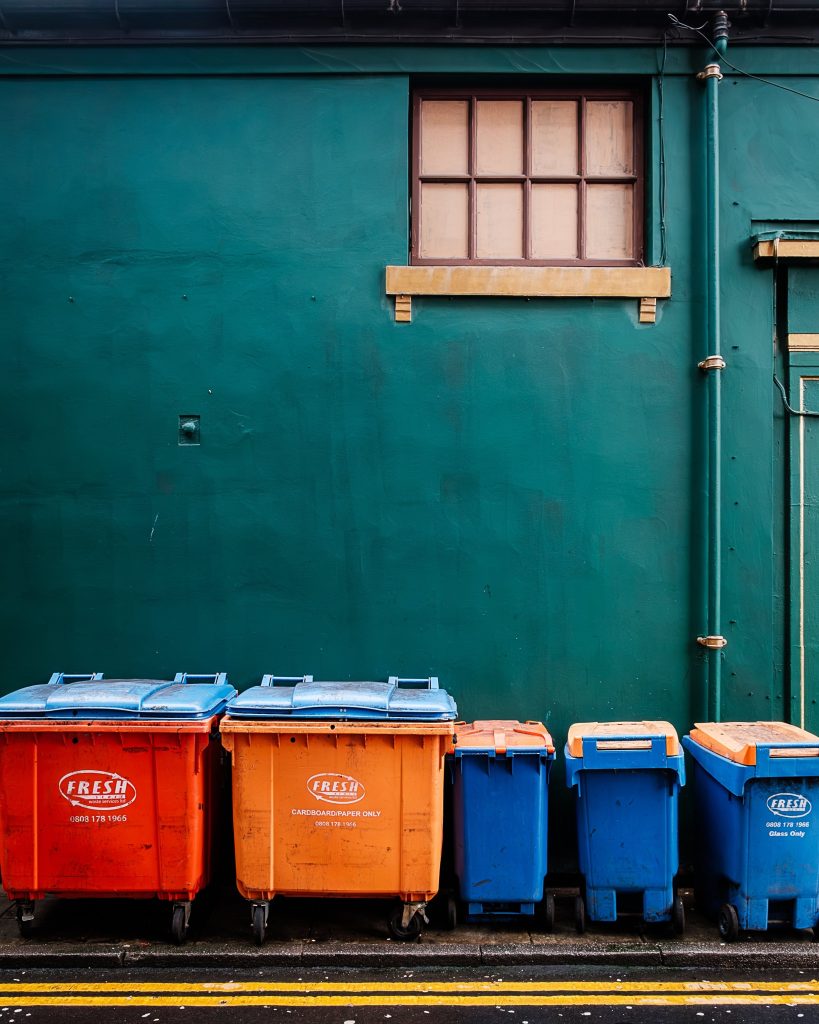
What Are the Laws and Regulations Surrounding Waste Disposal in the UK?
Proper waste disposal is not only important for the cleanliness and health of our communities, but it is also a legal responsibility. In the UK, there are various laws and regulations in place to ensure that waste is handled and disposed of properly. In this section, we will examine the key legislations that govern waste disposal in the UK, including the Environmental Protection Act 1990, Environmental Permitting Regulations 2016, and Duty of Care Regulations. By understanding these regulations, we can better understand the consequences of improper waste disposal, including the act of putting rubbish in someone else’s bin without their permission.
1. Environmental Protection Act 1990
The Environmental Protection Act 1990 is a crucial law in the UK that governs waste disposal and management. It sets out guidelines and regulations to protect the environment and public health.
- The Act requires individuals and businesses to properly dispose of their waste to authorised facilities.
- It prohibits unauthorised dumping or burning of waste, which can harm the environment and human health.
- It enforces the duty of care, making individuals responsible for ensuring their waste is handled and disposed of correctly.
- The Act empowers environmental agencies to monitor and enforce compliance, imposing penalties for violations.
- It promotes recycling, waste reduction, and the use of authorised waste disposal methods.
2. Environmental Permitting Regulations 2016
The Environmental Permitting Regulations 2016 in the UK outline the rules and requirements for waste management and disposal. These regulations aim to protect the environment and human health by ensuring proper handling, storage, and disposal of waste. Key provisions include obtaining permits for certain waste operations, managing hazardous waste, controlling emissions, and preventing pollution.
It is essential for businesses and individuals to familiarise themselves with these regulations to comply with the law and minimise the environmental impact. By following the Environmental Permitting Regulations 2016, waste can be managed responsibly and sustainably in the UK.
3. Duty of Care Regulations
Under the duty of care regulations in the UK, individuals and businesses have a responsibility to handle and dispose of their waste properly. Here are the steps to comply with these regulations:
- Identify the type of waste you have and determine if it is hazardous or non-hazardous.
- Segregate your waste into different categories, such as recyclables, general waste, and hazardous waste.
- Ensure that you store your waste securely in appropriate containers to prevent leaks or spills.
- Keep accurate records of your waste, including the type, quantity, and destination of disposal.
- Only use licensed waste carriers to transport and dispose of your waste.
- Ensure that your waste is collected and disposed of by an authorized waste management facility.
By following these steps, you can fulfill your duty of care obligations and contribute to responsible waste disposal in the UK.
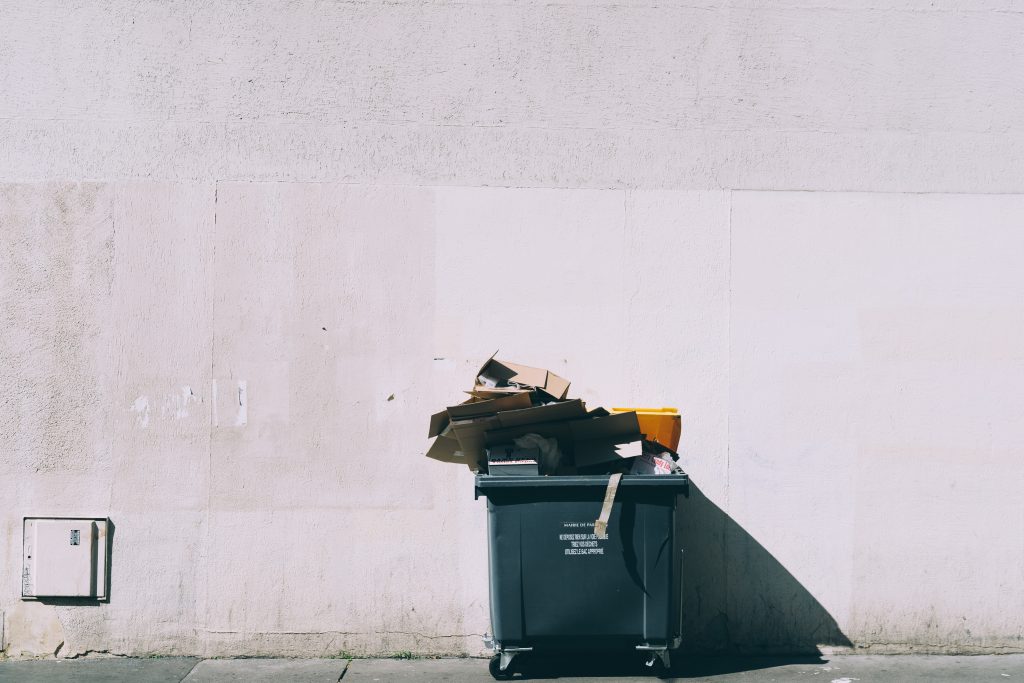
How Can You Dispose of Your Waste Responsibly in the UK?
As responsible members of society, it is crucial to dispose of our waste in a responsible manner to safeguard our environment. In the United Kingdom, there are several methods for appropriate waste disposal, each with its own advantages. In this section, we will explore the three primary means of responsible waste disposal: recycling, composting, and the correct disposal of hazardous waste. By comprehending these choices, we can all contribute to maintaining our surroundings clean and sustainable.
1. Recycling
Recycling plays a vital role in waste management in the UK, promoting sustainability and reducing environmental impact. Here are steps to help you recycle effectively:
- Separate recyclable materials from general waste.
- Check your local council’s recycling guidelines.
- Use separate bins or bags for different types of recyclables, such as paper, plastic, glass, and metal.
- Rinse containers to remove any remaining food or liquid before recycling.
- Flatten cardboard boxes to save space.
- Remove any non-recyclable components, such as plastic film from paper products.
- Recycle electronic waste, batteries, and light bulbs separately.
- Support recycling initiatives in your community, such as participating in recycling drives or joining local recycling programs.
2. Composting
Composting is a sustainable and eco-friendly way to dispose of organic waste in the UK. Here are some steps to follow for composting:
- Choose a compost bin or create a compost pile in your garden.
- Add a mixture of brown materials (such as dry leaves, twigs) and green materials (such as fruit and vegetable scraps, grass clippings).
- Regularly turn or mix the compost to provide oxygen for decomposition.
- Keep the compost moist but not too wet.
- Avoid adding meat, dairy, or oily food waste to prevent pests and odours.
- After several months, the compost will transform into nutrient-rich soil that can be used for gardening.
3. Properly Disposing of Hazardous Waste
Properly disposing of hazardous waste is crucial to protect the environment and human health in the UK. Here are steps to follow:
- Identify hazardous waste: Know what materials are considered hazardous, such as chemicals, batteries, and electronic waste.
- Separate waste: Keep hazardous waste separate from regular waste to prevent contamination.
- Use designated facilities: Take hazardous waste to authorized collection centers or recycling facilities.
- Follow regulations: Adhere to the laws and regulations regarding hazardous waste disposal.
- Proper packaging: Ensure hazardous materials are securely packaged to prevent leaks or spills during transport.
Remember, improper disposal of hazardous waste can harm the environment and incur penalties. Always dispose of hazardous waste responsibly.

